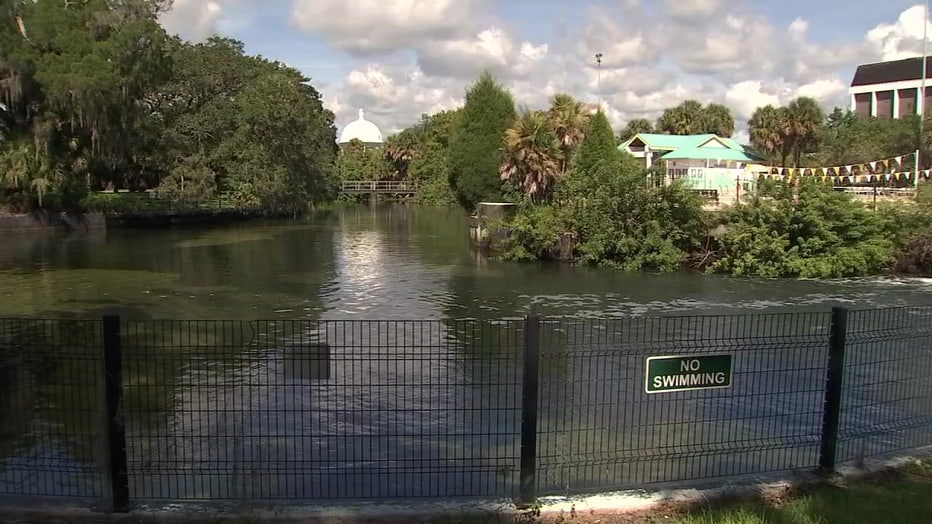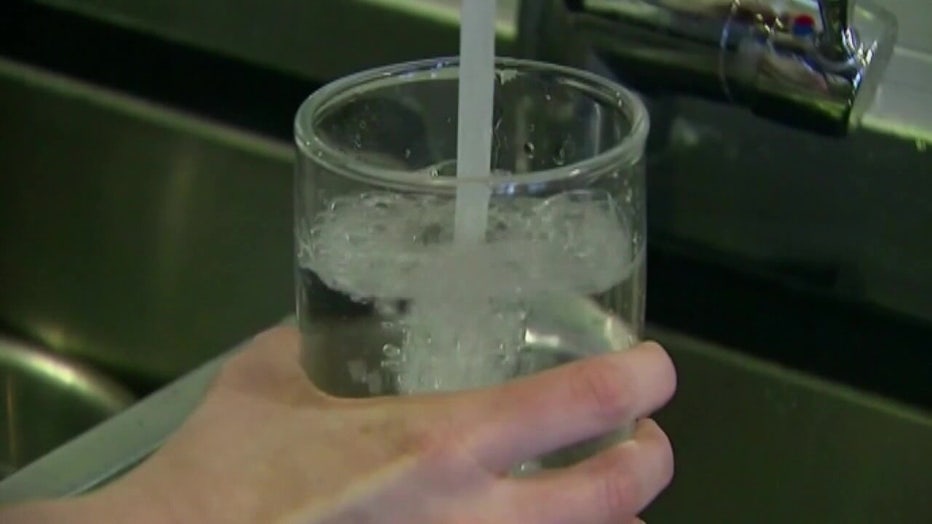Tampa city council throws cold water on sewage project
TAMPA, Fla. - Tampa city councilors are turning off the tap to the administration's PURE project, for using reclaimed water, at least for now.
Several councilors said a steady stream of naysayers during public comment had an impact.
"This is nothing but a disaster waiting to happen," said one commenter.
PURE is the city's acronym for their attempt to comply with a state order that says all cities must find beneficial uses for treated sewage that comes from homes and businesses.
In other words, releasing it into Hillsborough Bay is out. The question now is, what's in?
PREVIOUS: Some residents, environmental groups worried as Tampa reconsiders where it puts treated wastewater
"I want PURE to go away," said councilor Lynn Hurtak.

Tampa city council is trying to find beneficial uses for treated sewage that comes from homes and businesses.
The city has been studying an array of five options that include sending the highly treated water to the Hillsborough River, down into the aquifer, selling it to another utility and even, potentially making it drinkable.
Thursday though, councilors voted down the public engagement agreement with the city's consultants and asked the Castor Administration to answer 17 questions about the plans.
"Any time you start to think about changing the status quo when the status quo is really good, it's going to it's going to cause consternation," said city sustainability officer Whit Remer.
READ: City of Tampa hopes to save millions with new federal tax credits to go green
The city council wants firm answers on how the potentially $500 million project will be funded, how much will come directly from taxpayers, as well as firm answers on what will be studied and how.

The city has been studying an array of five options for the wastewater that includes the possibility of making it potable.
"When you have this amount of people saying no to something, or they are scared of it, or they are scared for their children and grandchildren of what's going to be in the water, this is tough," stated Commissioner Guido Maniscalco.
The city says it especially wants to reassure residents that any and all potential pollutants will be removed.
"Cities across the world are reusing reclaimed water that is highly treated wastewater for drinking water purposes, for environmental purposes," said Remer. "This is not new."
The city expects the capital costs for the project to be between $484 million and $628 million.
One question asked is whether Tampa will join with other cities to ask for funding from the state, or for an extension of the ten-year deadline.

